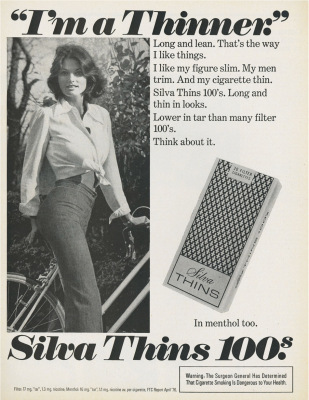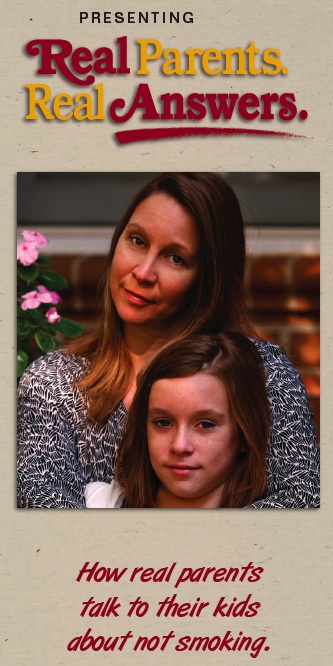Tobacco Companies Take Political Support Underground
Submitted by Anne Landman on
 To try and transform their image among the American public, tobacco companies have been trying to keep much of their lobbying and political donations out of view. The companies now channel campaign donations and lobbying expenses through harder-to-track organizations connected to the candidates they favor, like leadership PACs and 527 groups. Contributions directly to candidates and the committees that support them have decreased by more than $6 million between the 2002 and 2010 election cycles. "One thing the tobacco industry has done is stay out of the public view and disguise its efforts in politics," said Stanton Glantz, professor of medicine at the University of California-San Francisco and director of the Center for Tobacco Control Research and Education. The two highest-ranking Republican leaders in the House of Representatives -- Speaker John Boehner (R-Ohio) and Majority Leader Eric Cantor (R-Virginia) -- are top recipients of tobacco industry money. In the 2010 election cycle, Boehner took almost $50,000 from tobacco interests, and Cantor took $27,850. Boehner, a smoker, voted against the Food and Drug Administration's regulation of tobacco, calling it a "boneheaded idea." Cantor voted in favor of the bill. Altria Group, one of Cantor's biggest campaign contributors, is the parent company of cigarette maker Philip Morris -- the tobacco company that planned and helped draft the regulation, and thus the only company that supported it.
To try and transform their image among the American public, tobacco companies have been trying to keep much of their lobbying and political donations out of view. The companies now channel campaign donations and lobbying expenses through harder-to-track organizations connected to the candidates they favor, like leadership PACs and 527 groups. Contributions directly to candidates and the committees that support them have decreased by more than $6 million between the 2002 and 2010 election cycles. "One thing the tobacco industry has done is stay out of the public view and disguise its efforts in politics," said Stanton Glantz, professor of medicine at the University of California-San Francisco and director of the Center for Tobacco Control Research and Education. The two highest-ranking Republican leaders in the House of Representatives -- Speaker John Boehner (R-Ohio) and Majority Leader Eric Cantor (R-Virginia) -- are top recipients of tobacco industry money. In the 2010 election cycle, Boehner took almost $50,000 from tobacco interests, and Cantor took $27,850. Boehner, a smoker, voted against the Food and Drug Administration's regulation of tobacco, calling it a "boneheaded idea." Cantor voted in favor of the bill. Altria Group, one of Cantor's biggest campaign contributors, is the parent company of cigarette maker Philip Morris -- the tobacco company that planned and helped draft the regulation, and thus the only company that supported it.

 Under
Under  A recent study of tobacco industry documents reveals that cigarette makers added appetite-suppressing substances to cigarettes and strategized on how to enhance the appetite-suppressing and weight-reducing effects of smoking. In the 1960s,
A recent study of tobacco industry documents reveals that cigarette makers added appetite-suppressing substances to cigarettes and strategized on how to enhance the appetite-suppressing and weight-reducing effects of smoking. In the 1960s,  A
A  Family Circle and Parents magazines regularly run youth smoking prevention (YSP) ads called "Real Parents, Real Answers" that are paid for by the
Family Circle and Parents magazines regularly run youth smoking prevention (YSP) ads called "Real Parents, Real Answers" that are paid for by the  The
The 
 Steven Antin's new movie, Burlesque (PG-13), features about twenty different brands of products, including gratuitous use of
Steven Antin's new movie, Burlesque (PG-13), features about twenty different brands of products, including gratuitous use of